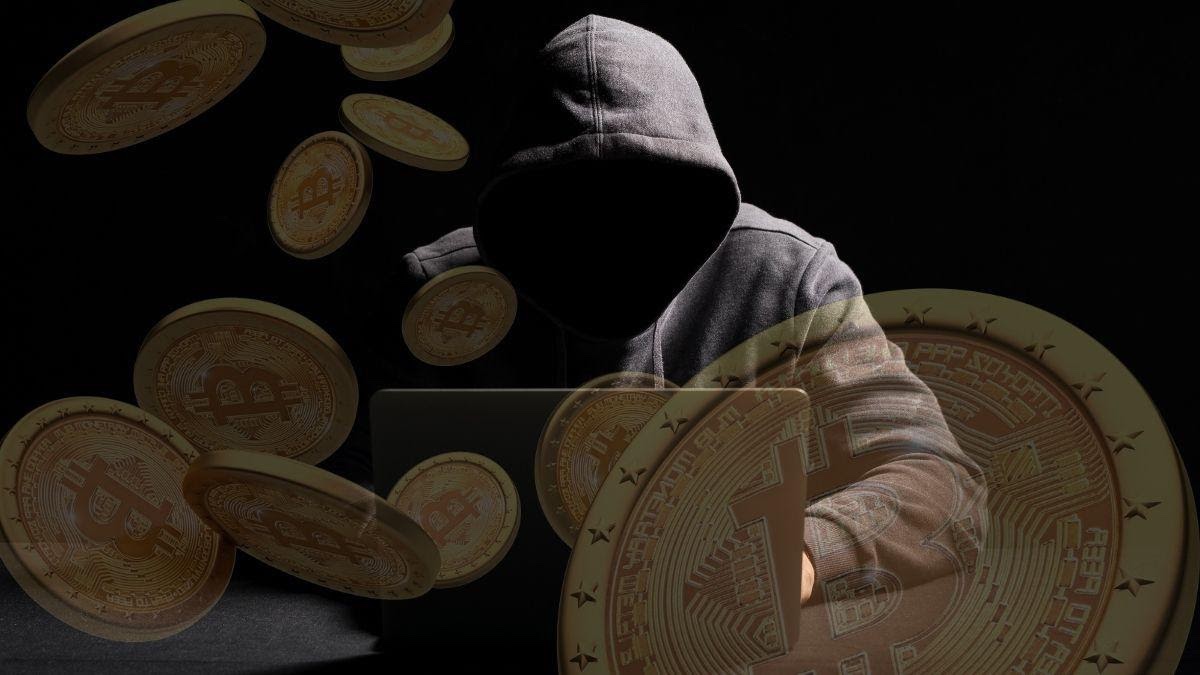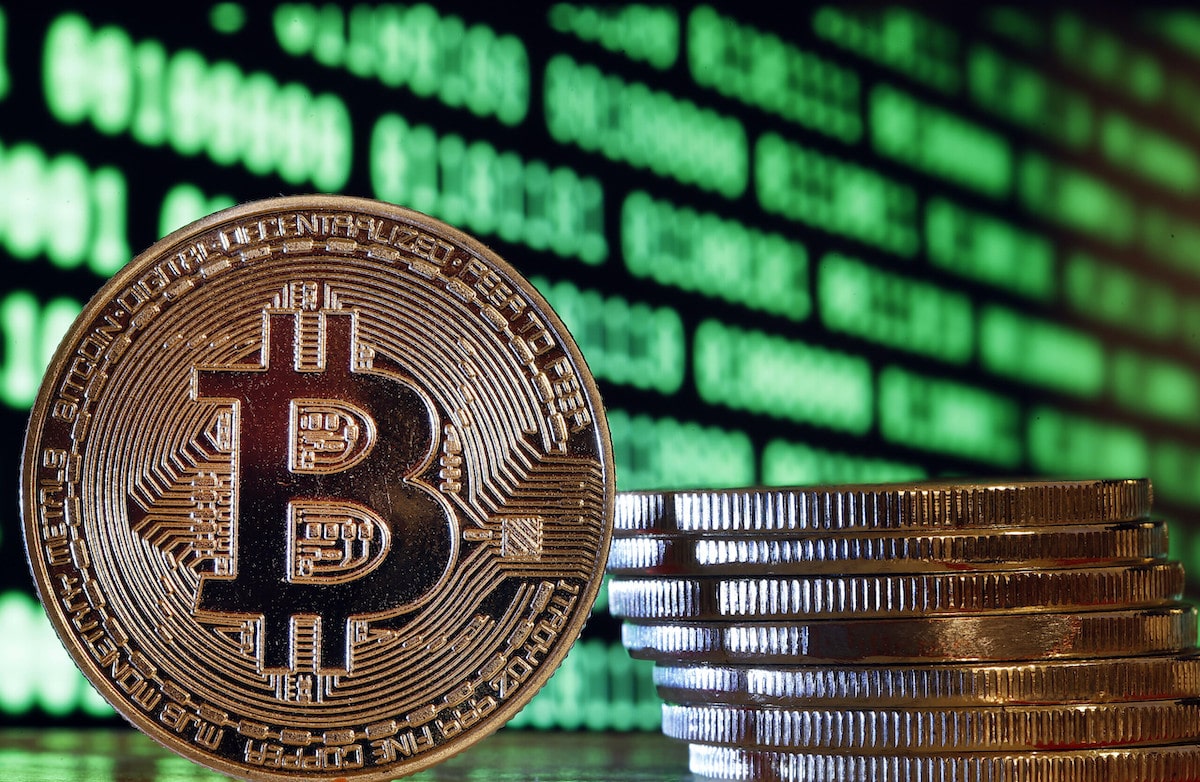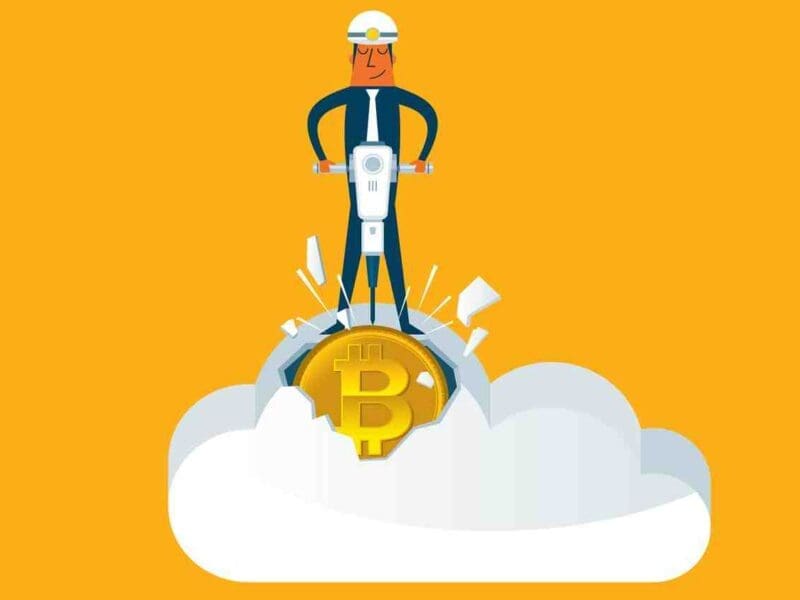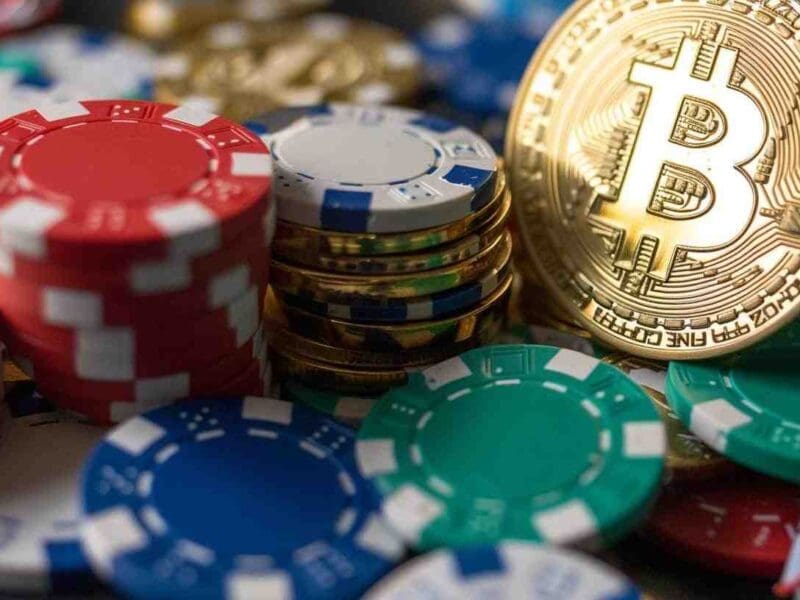
Big cryptocurrency thefts: are all exchanges secure?
We constantly read reports in the press claiming that cryptocurrencies are totally safe. However, buying and selling these coins can be dangerous. When there is a lot of money at stake there are always schemers willing to cheat the naive and trusting.
Sadly, news about cryptocurrency fraud and theft are becoming more frequent every day. Recently one of the most significant exchange platforms was subject to a significant theft.
Now we also read the news that some $335 million has been lost in a cryptocurrency theft involving Ethereum and Solana assets. The amount of what was stolen qualifies this as the second most significant theft in history, although far behind the theft of more than $600 million from the Poly Network platform, an act executed by a hacker in August 2021.
This time the cybercriminals have apparently hacked a bridge, as it is called a virtual device that allows users to move their cryptocurrencies from one platform to another. In this specific case we are talking about a bridge between Ethereum and Solana.
The operators have offered 10 million in ransom for what was stolen, but they have not made explicit whether it is a payment that would be made in dollars or in cryptocurrencies.

Are cryptocurrency exchange platforms totally secure?
The current boom in cryptocurrencies cannot be understood without a fundamental part of their operation: I am talking specifically about exchanges, which are online sites where users can sell or buy digital currencies such as the most well-known ones, Bitcoin and Ethereum, among many others.
These crypto exchange sites are also a place where users can safely store those coins. At least, that’s how these sites are promoted. But is the security offered by exchanges unquestionable? Not entirely.
Frequent news about hacks to cryptocurrency platforms, resulting in losses in the millions, make us doubt the supposed strength and invulnerability of these cryptocurrency exchange sites.
Some estimates point out that since 2014 hackers and cyber thieves have stolen cryptoassets worth more than $2 billion from platforms engaged in the cryptocurrency business. It is not just any figure, Scary the proportions of these thefts.
The worst part of the case is that there is no guarantee for customers to get their money back as almost all the platforms that have been hacked are not fully controlled and regulated. Decentralization and lack of control, which is one of the obvious advantages of using cryptocurrencies, becomes both a problem and a vulnerability.

On average, a major theft occurs on cryptocurrency platforms every two months. Some financial analysts believe that these systems and platforms, dedicated to the business, are not learning the lessons from these thefts. There is much room for improvement in security and it needs to be done quickly so that investor confidence does not deteriorate.
Despite their bad reputation, traditional banks suffer cyber attacks every day. However they have invested and are constantly investing in security and also have the responsibility to return money to their customers if a theft occurs. So far cryptocurrency platforms do not have to do so. If they had to perhaps they would invest and devote more effort to improving the security of their platforms.
Without making apologies, individual users are more protected from hacks or fraud in traditional banking and not in cryptoasset exchange platforms. Will this scenario be able to change in the future? Let’s hope so.
In addition to the usual risk of cryptocurrency price volatility, there is also the risk of cybersecurity. It is not untrue that a lot of money can be made by investing wisely in cryptocurrencies, but the risks associated with trading on platforms that are not as secure as they claim to be should not be ignored or minimized.







